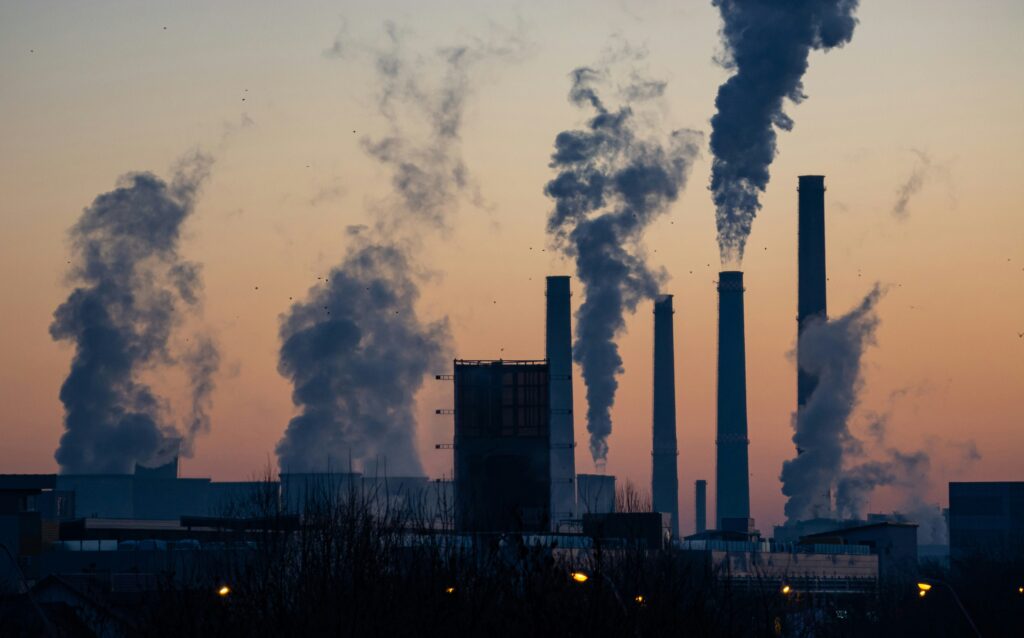Communities of color face the greatest health risks from fossil fuel emissions
Air pollution from oil and gas operations contributes to more than 90,000 premature deaths each year in the United States and affects hundreds of thousands more, according to a new study. The research also highlights that communities of color experience the heaviest health impacts.
The study estimates that over 10,000 pre-term births annually are linked to fine particulate matter from oil and gas. In addition, nitrogen dioxide emissions from the sector are connected to 216,000 new cases of childhood-onset asthma each year, and hazardous air pollutants are associated with approximately 1,610 lifetime cancer cases annually.
States with the highest overall impact include California, Texas, New York, Pennsylvania, and New Jersey, while per-capita effects are most pronounced in New Jersey, Washington DC, New York, California, and Maryland.
Researchers from University College London and the Stockholm Environment Institute conducted the study, analyzing health impacts across the full oil and gas supply chain—from exploration and extraction to processing, distribution, and final use—while examining unequal exposure among different racial and ethnic groups.
Indigenous and Hispanic populations are most affected by pollution from exploration, extraction, and transportation, while Black and Asian communities face the greatest risks from processing, refining, distribution, and combustion. Though these latter stages produce less pollution overall, they result in the most uneven health outcomes, particularly in majority-Black areas such as southern Louisiana’s “Cancer Alley” and parts of eastern Texas.
Timothy Donaghy, research director at Greenpeace USA, said the study’s value lies in its full lifecycle perspective: “It shows how health impacts arise from every stage of oil and gas production. These burdens are not distributed equally – a clear example of fossil fuel-related environmental racism.”
The analysis, published in Science Advances, combined federal and university data to model emissions and their effects on human health. The study notes that these disparities are linked to historic practices such as redlining and the concentration of oil and gas facilities near Black communities.
Overall, oil and gas are responsible for a significant portion of pollution-related health issues in the US: one in five pre-term births and adult deaths from fine particulate matter and nearly 90% of new childhood asthma cases caused by nitrogen dioxide can be traced to the sector.


